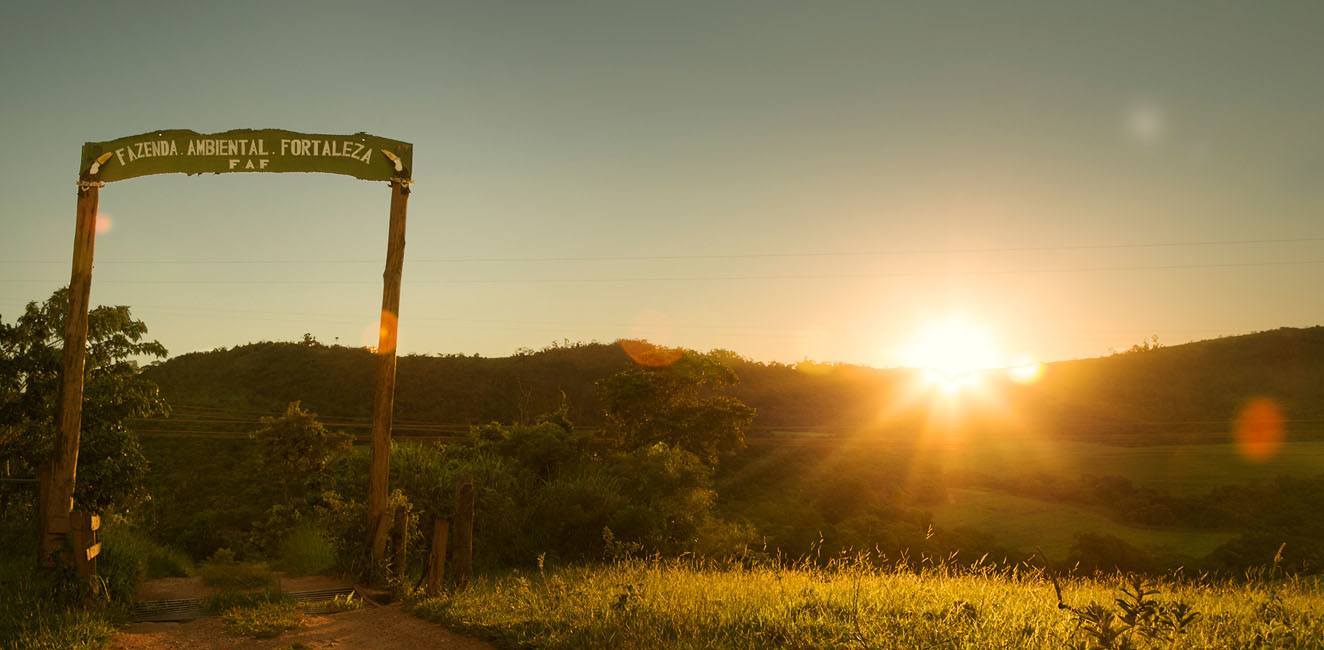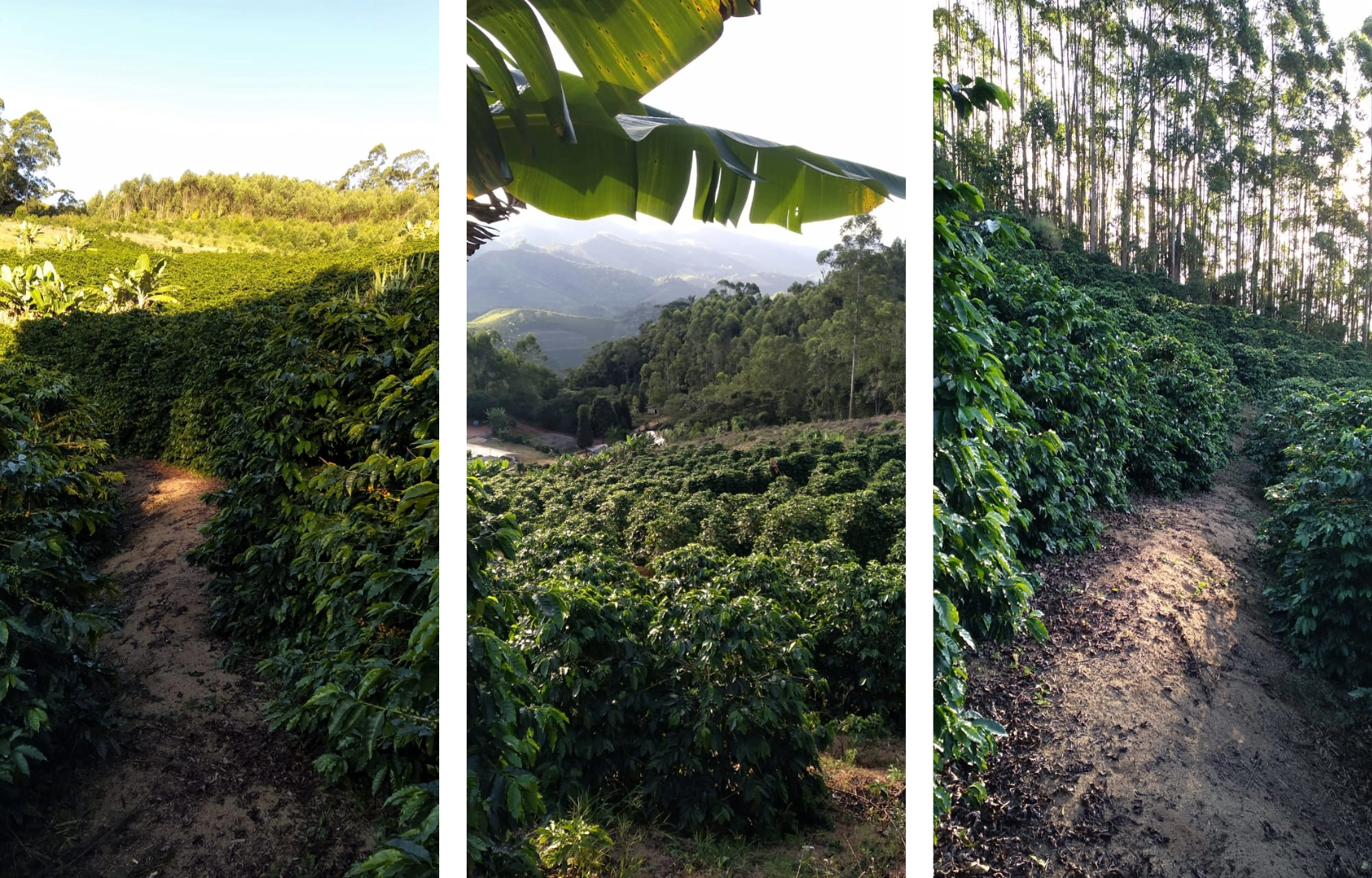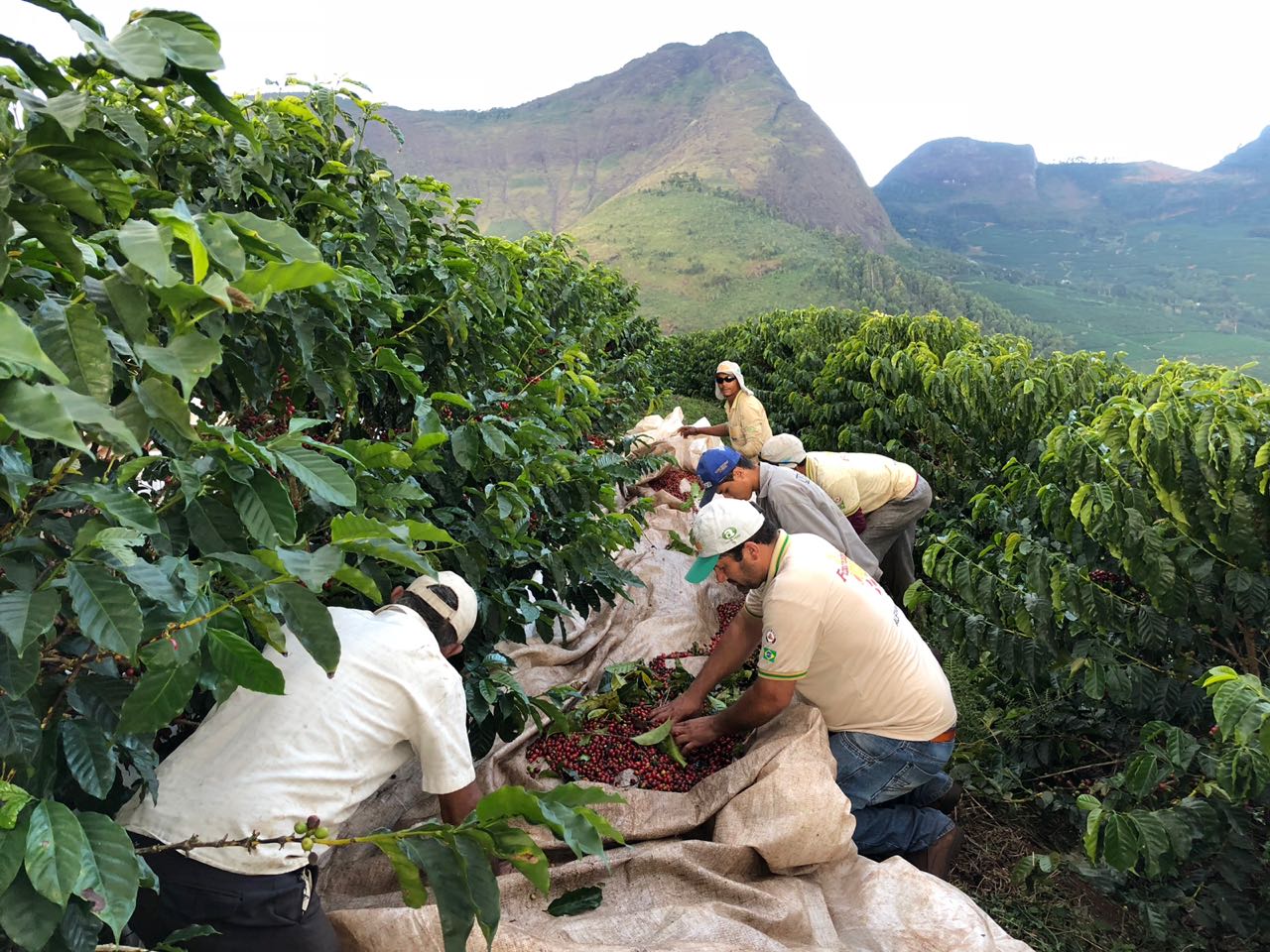
Why do we love Brazil so much with FAF Coffees?
Bob-o-Link, Rancho Dantas or Bobilon: you have noticed that FAF Coffees keep a prominent place in our offer, year after year. Because their vision of a different Brazil continues to inspire us. Vera Baier is Head of Impact and Communications at FAF Coffees. We took the opportunity of her visit to talk with her.
The FAF farm, a pioneer in organic farming in Brazil
FAF Coffees began with the FAF farm, Fazenda Ambiantal Fortaleza, and the Croce family. Marcos, the father, and his wife Silvia, who inherited the farm in the early 2000s. Together, they are pioneers of organic farming in Brazil, with a regenerative farm model.
Today, the farm's twenty hectares have become a laboratory for the 200 producers who trust them to export their coffee. And it is the son, Felipe, who now runs the family business.
Vera Baier, responsable Impact et Communication de FAF Coffees
Vera explains how it works: "On the farm, we take risks that growers can't afford to take. We test new varieties and new methods. We set up carbon impact and biodiversity measures. Because we have to prove to producers that it works".
FAF Coffees, a model for the long term
In Brazil, the vast majority of producers continue to sell their coffee at the market price. The challenge? To sell as quickly as possible and pay back the investments, often in herbicides and fertilizers, from the last harvest.
FAF Coffees prefers to set up long-term support projects so that each producer can progress at his or her own pace. This is the case, for example, with the Lado a Lado project led by Rafael Marques in the Espírito Santo region.
In a van converted into a laboratory, Rafael criss-crosses the region with his team and meets the producers. He tastes their coffee using professional equipment and gives them immediate feedback. It's a winning strategy for improving the overall quality of the coffee, from the farming practices right through to the cup.
"This way, things take time. But that's also nature's rhythm. We work with many farms in transition, which are committed to doing things differently. And to make progress over time, you need patience", says Vera.
Working with nature, not alongside it
In Brazil, there is a law requiring producers to devote at least 20% of their farmland to preserve the forest. In practice, this also means that the remaining 80% can be cultivated as intensive monocultures.
The idea behind FAF Coffees is to develop another model, in which production is integrated with nature, between conservation and coffee production. The idea is to work with nature, not alongside it.
To achieve this, the transition work is colossal, and the ideal is quickly tinged with pragmatism: "The first thing we ask a partner is the list of fertilizers he uses. Then we put a plan in place to reduce their use. It's unthinkable to ask him to plant shade trees from the outset. We start by showing him that untreated soil quickly returns to excellent health, and then we move on".
And that's where Felipe Croce's experiments on the farm really come into their own. Because they provide concrete proof that it is possible to produce coffee that is more respectful of the environment.

Verification rather than certification
Most of the farms that FAF Coffees works with are small. They often have no resources to find alternatives and move away from the traditional model.
"The biggest impact we can have is when we start working with a producer who is still using the traditional model. On average, they no longer use any fertilizer or herbicide within 3 years. Hence, the idea of first finding growers who want to change and need our resources, before working with those who have already embarked on this path".

That's why, in addition to certifications, FAF Coffees measures the progress of its partners every year. Because a criterion may not be perfect this year, but it is better than last year, and will improve again next year.
As a coffee sourcing company, with a desire to build a more sustainable industry, hand in hand with producers, it's a vision that speaks to us. And it's the one we're sharing with you, through our Brazil offer!
Did you like this article? Share it with your community:
